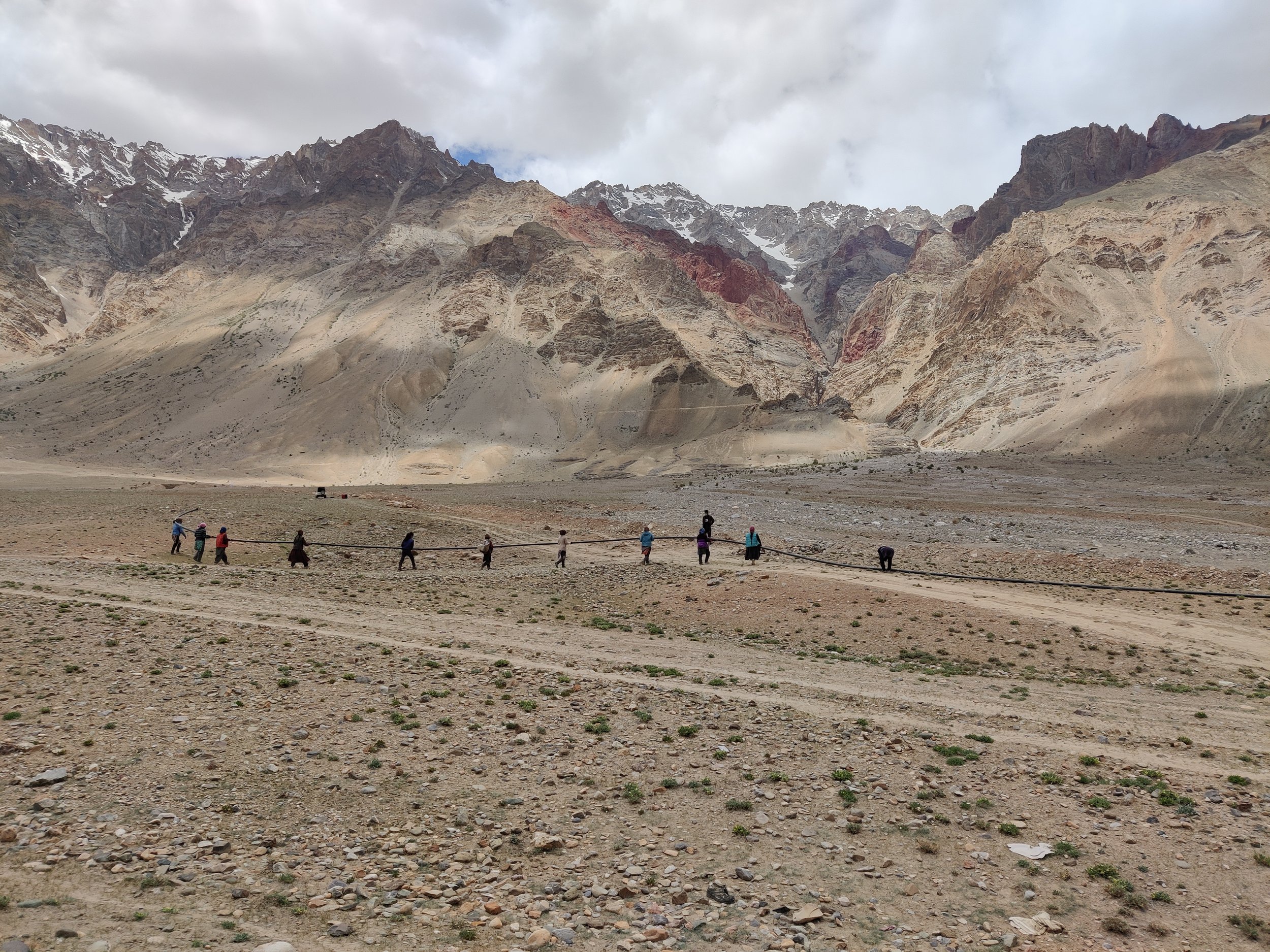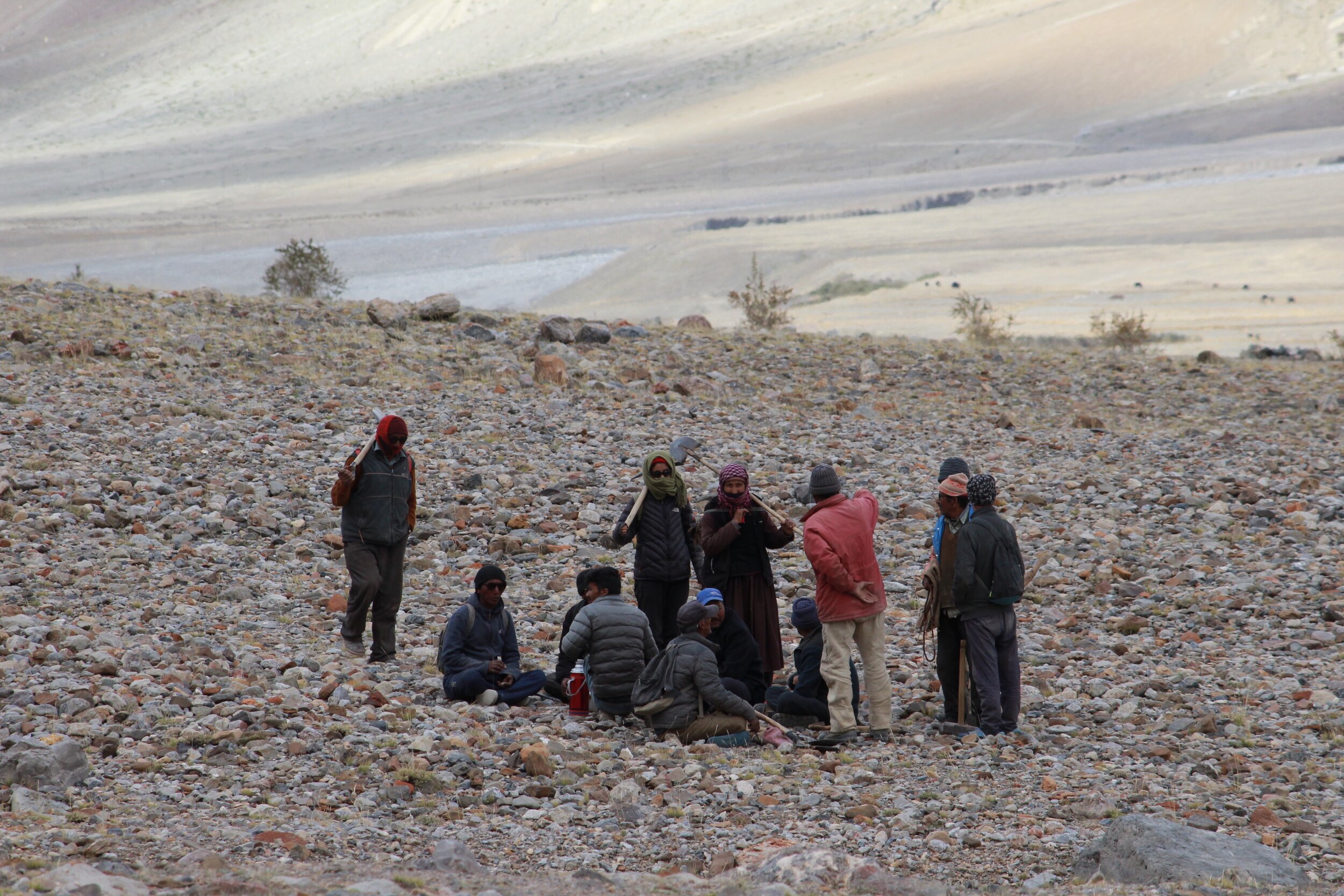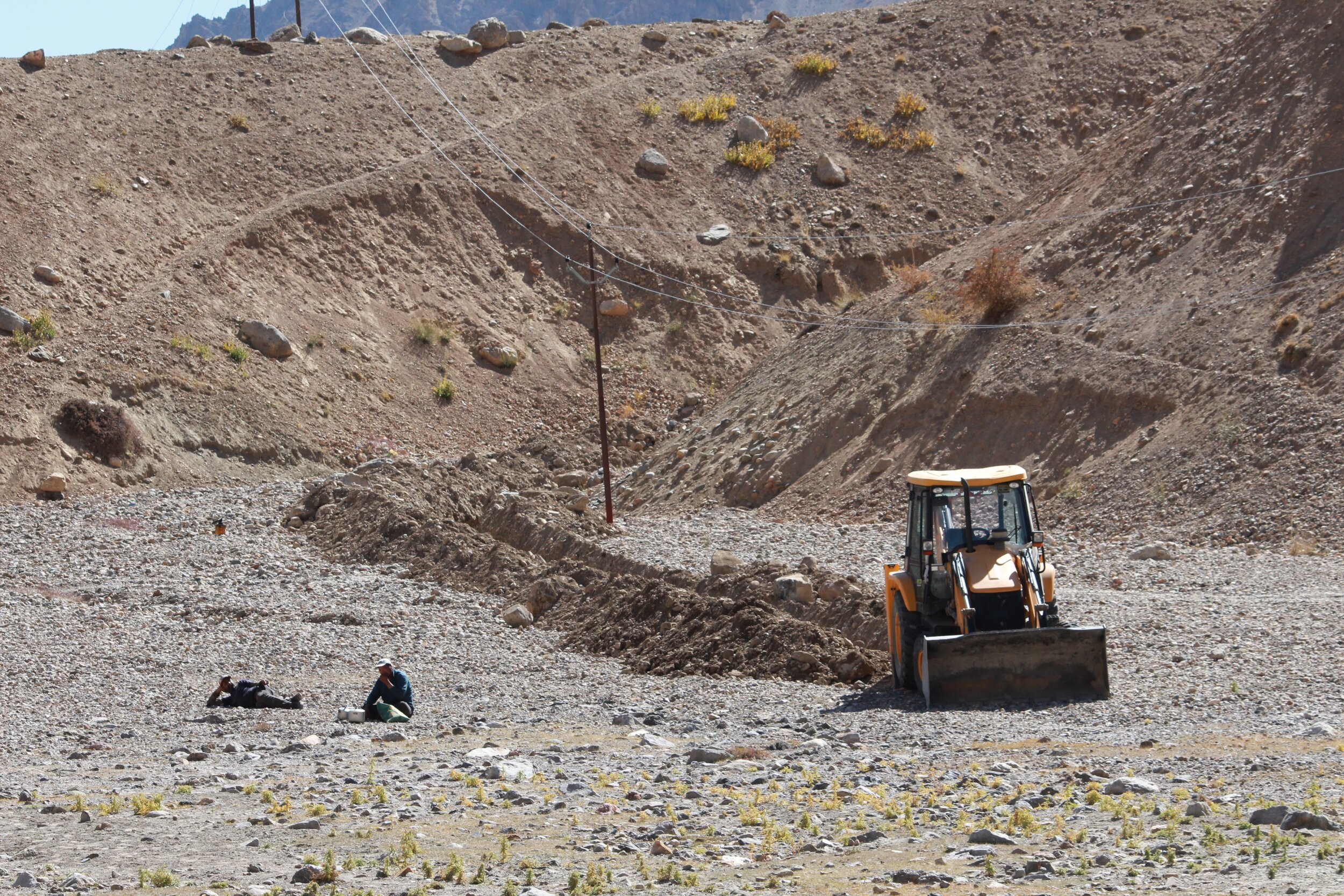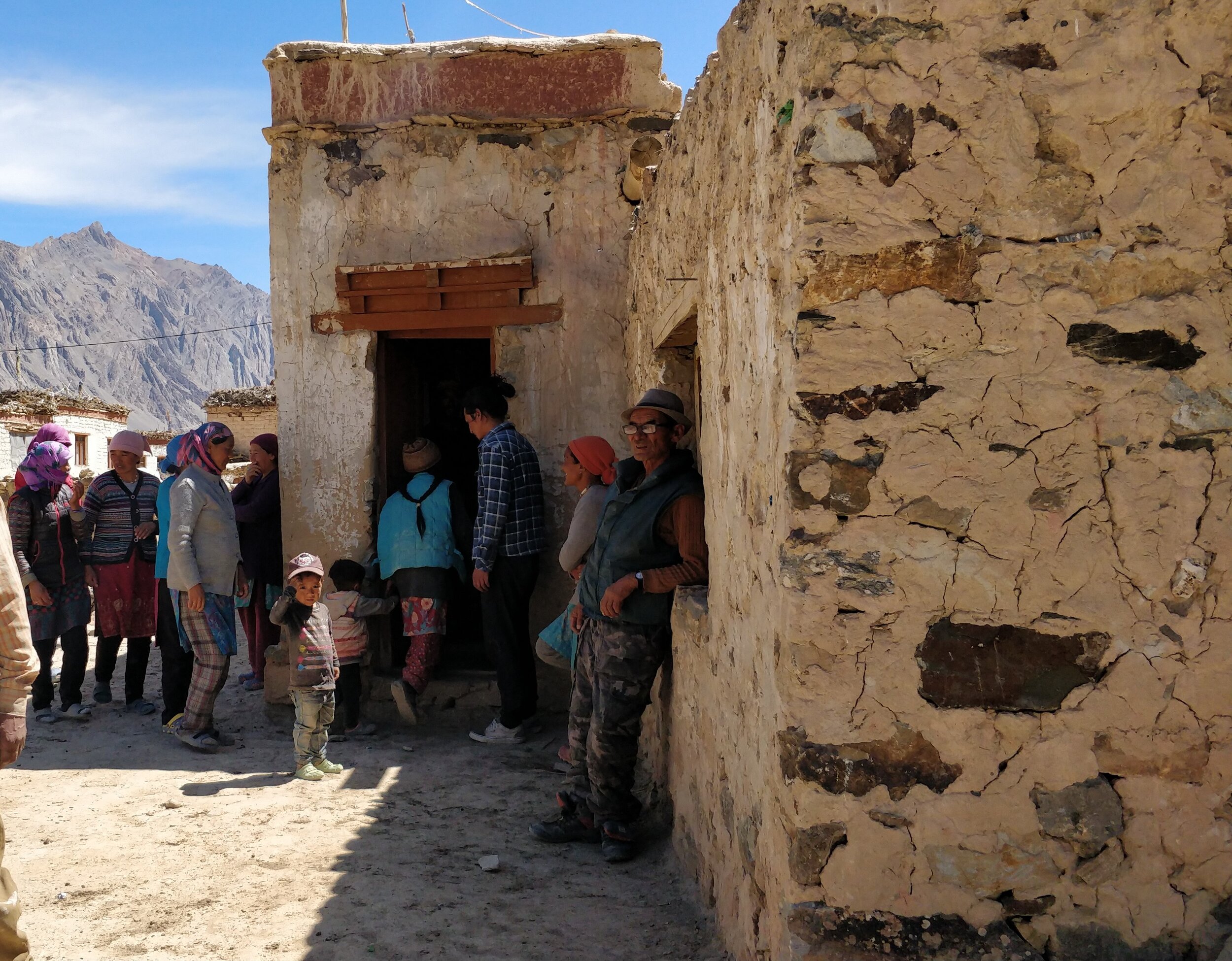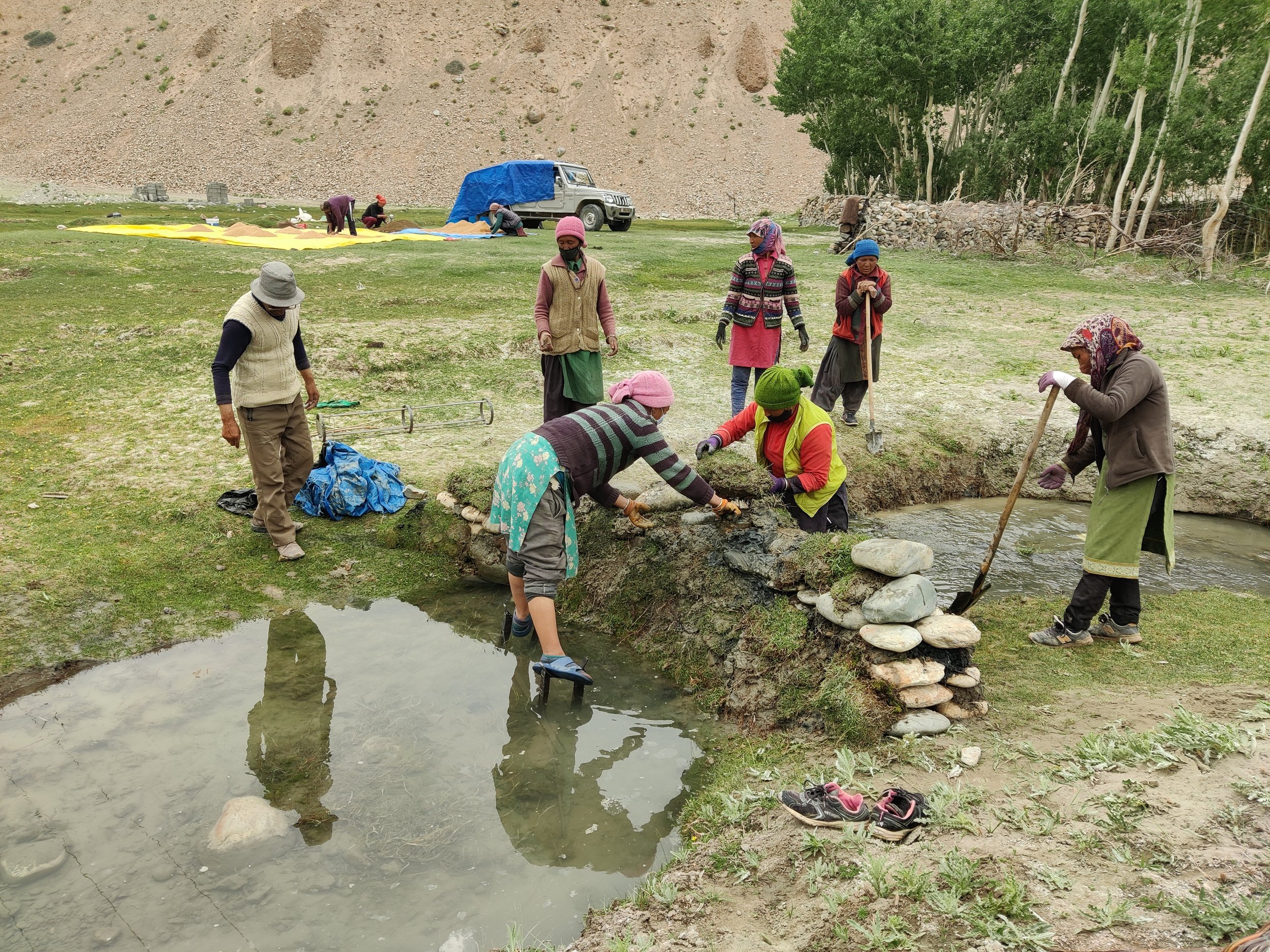Impact Spotlight
Solar powered irrigation and drinking water for 30 households
18 kW solar array
Passive solar greenhouses provide additional agriculture support
About
In Pishu Village, a remote community of 150 households in the ecologically sensitive region of Zanskar, Ladakh, India, residents are facing the catastrophic effects of climate change head on. Receding glaciers and increasingly erratic rainfall have resulted in soil degradation that makes farming and cattle holding, the community’s primary livelihoods, untenable. Now, a community that was once self-sustaining is on the brink of collapse.
Navikarana, a trust based out of Spiti, Himachal Pradesh, uses clean energy and irrigation technologies to create water supplies and sustainable livelihoods throughout the Himalayas. They’re working directly with Pishu’s community members to identify sustainable, long term solutions to stabilize and protect their way of life.
“These indigenous communities are at the forefront of climate change, if we don’t act now, we would lose everything that was pure, raw and immensely beautiful—to oblivion. Solar energy holds the key to true empowerment.”
HF Partnership
In partnership with the Honnold Foundation, Navikarana is deploying a 18kW solar array that will power solar water pumps to bring water from the local river to Pishu Village’s fields— a distance of 850 meters. The system will supply water to existing irrigation systems that were previously dried up, and also supply all 30 households with direct access to water.
Next, Navikarana will build passive solar greenhouses to enable vegetable growth and year-round commercial agriculture possibilities. Finally, two villagers will be trained to install and maintain the irrigation pumps, and farmers will be offered training on the best agricultural practices to maximize the irrigation system’s effectiveness.
Similar Partners


